Mozep
✅ Psychosis management
✅ Reduces delusions
✅ Controls hallucinations
✅ Stabilizes mood
✅ Improves behavior
Mozep contains Pimozide.
Product Overview
Mozep is a pharmaceutical formulation containing Pimozide as its active ingredient, presented in tablet form. As a member of the butyrophenone class of antipsychotic medications, Pimozide is primarily indicated for the management of psychiatric conditions including schizophrenia and Tourette syndrome. The therapeutic action of Mozep is achieved through dopamine receptor antagonism in the central nervous system, which effectively mitigates symptoms associated with these disorders. The tablets are designed for oral administration.
Therapeutic Indications
Mozep tablets are clinically indicated for:
1. The treatment of schizophrenia, a complex psychiatric disorder manifesting as cognitive distortions, perceptual abnormalities (hallucinations), and fixed false beliefs (delusions)
2. The management of Tourette syndrome, a neurodevelopmental disorder characterized by motor and phonic tics. Mozep demonstrates efficacy in reducing tic frequency and intensity, thereby enhancing patient functionality and quality of life.
Administration Guidelines
For optimal therapeutic outcomes:
• Ingest tablets whole with adequate water
• Administration with meals is recommended to minimize potential gastrointestinal discomfort
• Strict adherence to prescribed dosing regimen is imperative
• Tablets should not be divided, crushed, or chewed unless specifically directed by the prescribing physician
• Consult healthcare provider for any administration-related queries
Mechanism of Action
The pharmacodynamic profile of Mozep (Pimozide) involves:
• Selective blockade of central dopamine D2 receptors
• Modulation of dopaminergic neurotransmission
• Normalization of neurotransmitter imbalance in mesolimbic and mesocortical pathways
This mechanism underlies its therapeutic effects in:
• Attenuating positive symptoms of schizophrenia (hallucinations, delusions)
• Suppressing tic manifestations in Tourette syndrome
Dosage Protocol
Dosage requires individualization based on:
• Patient age
• Clinical presentation
• Treatment response
• Tolerability profile
Standard dosing regimens:
• Schizophrenia in adults: Initial dose of 2 mg daily (divided administration), with gradual titration under medical supervision
• Tourette syndrome: Initiate with 1-2 mg daily (divided doses)
Precise dose adjustments should be made by the treating physician based on therapeutic response and adverse effect profile.
Therapeutic Advantages
Clinical benefits of Mozep therapy include:
• Significant reduction in psychotic symptoms
• Decreased tic frequency and severity
• Improved behavioral regulation
• Enhanced social and occupational functioning
With appropriate long-term management, patients may achieve substantial improvement in overall quality of life.
Adverse Effects
Commonly reported adverse reactions:
• Sedation
• Vertigo
• Xerostomia
• Constipation
• Weight fluctuation
These effects typically demonstrate temporal resolution with continued therapy. Persistent or bothersome symptoms warrant medical consultation.
Serious adverse events requiring immediate medical attention:
• Extrapyramidal symptoms (EPS)
• Cardiac conduction abnormalities
• Neuroleptic malignant syndrome
• Tardive dyskinesia
Precautions and Contraindications
Essential safety considerations:
• Comprehensive medical history review required prior to initiation
• Caution in patients with:
– Cardiovascular pathology
– Hepatic impairment
– Seizure disorders
• Potential drug-drug interactions with:
– CYP3A4 inhibitors
– Other centrally acting agents
– QT-prolonging medications
• Cognitive and motor impairment possible – exercise caution when operating machinery
• Absolute contraindication with concomitant alcohol consumption
Storage Requirements
Proper storage conditions:
• Maintain at controlled room temperature (15-30°C)
• Protect from:
– Humidity
– Excessive heat
– Light exposure
• Secure storage away from pediatric access
• Avoid bathroom or kitchen storage due to moisture variability
• Verify expiration dating prior to use
• Dispose of expired medication appropriately
Medical Disclaimer
The information provided herein is intended for educational purposes only and represents current medical knowledge at the time of publication. This content:
• Is not exhaustive regarding potential adverse effects or interactions
• Should not supersede professional medical advice
• Does not constitute therapeutic recommendations
Patients are strongly advised to maintain open communication with their healthcare providers regarding all aspects of their treatment regimen. This information aims to facilitate informed patient-provider discussions, not to replace clinical judgment.
| Strength | 2 mg |
|---|---|
| Quantity | 30 Tablet/s, 60 Tablet/s, 90 Tablet/s, 180 Tablet/s |
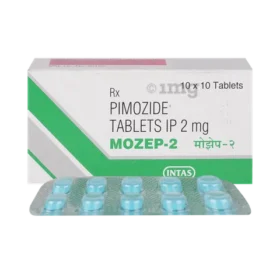 Mozep
Mozep









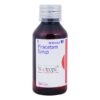
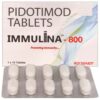

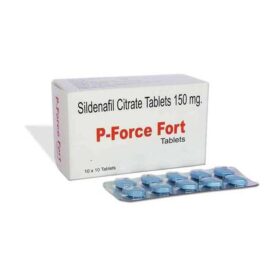
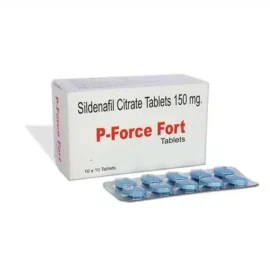
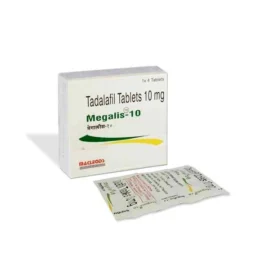
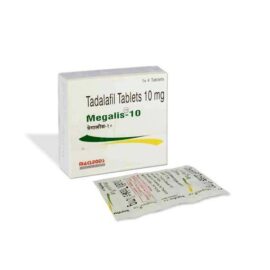


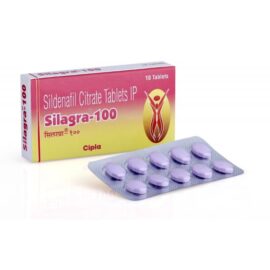
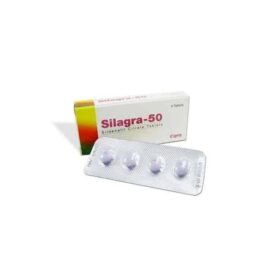
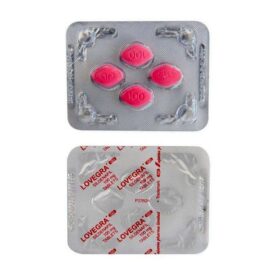

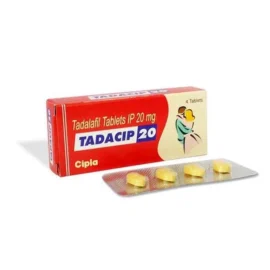
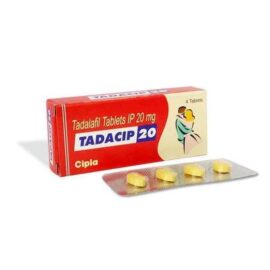

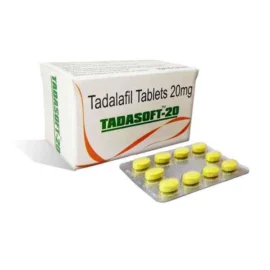
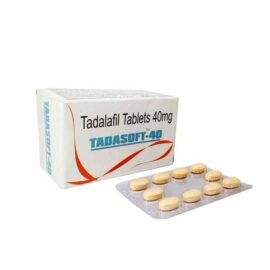
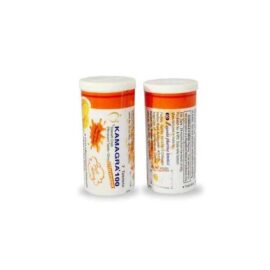
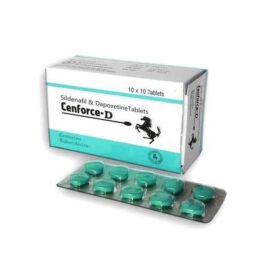
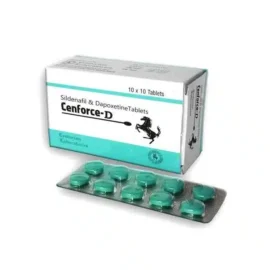
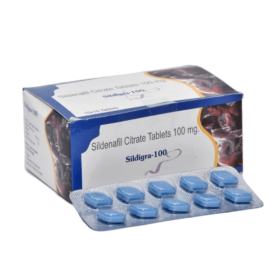
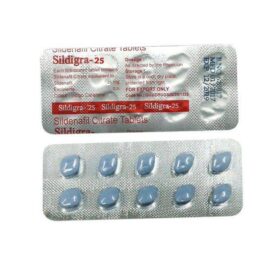
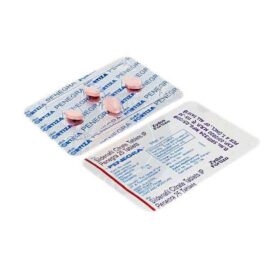
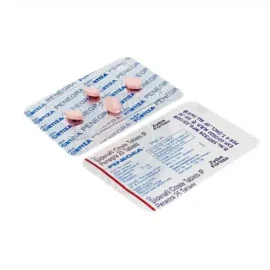
Reviews
There are no reviews yet